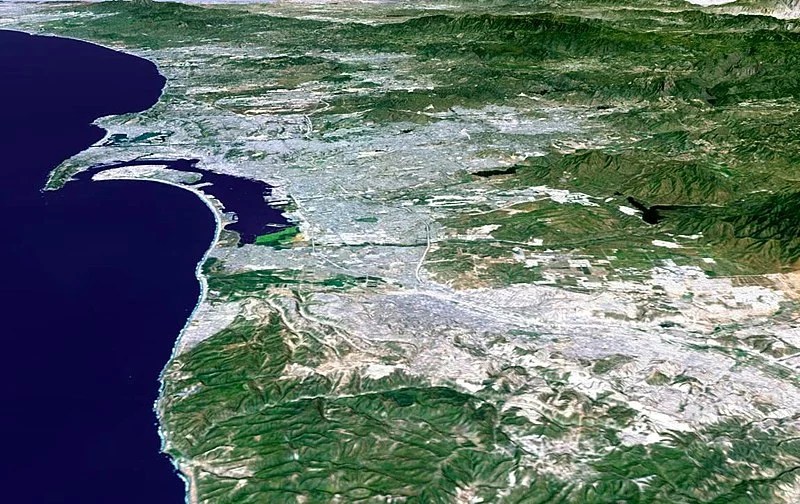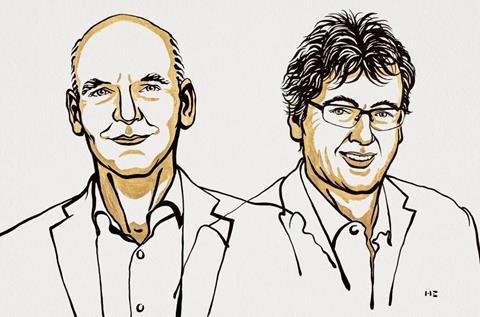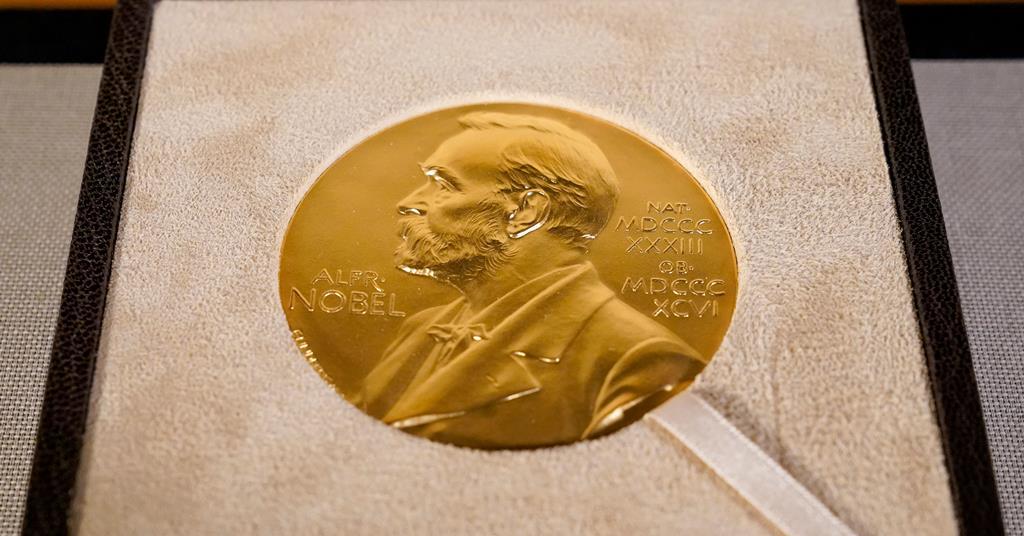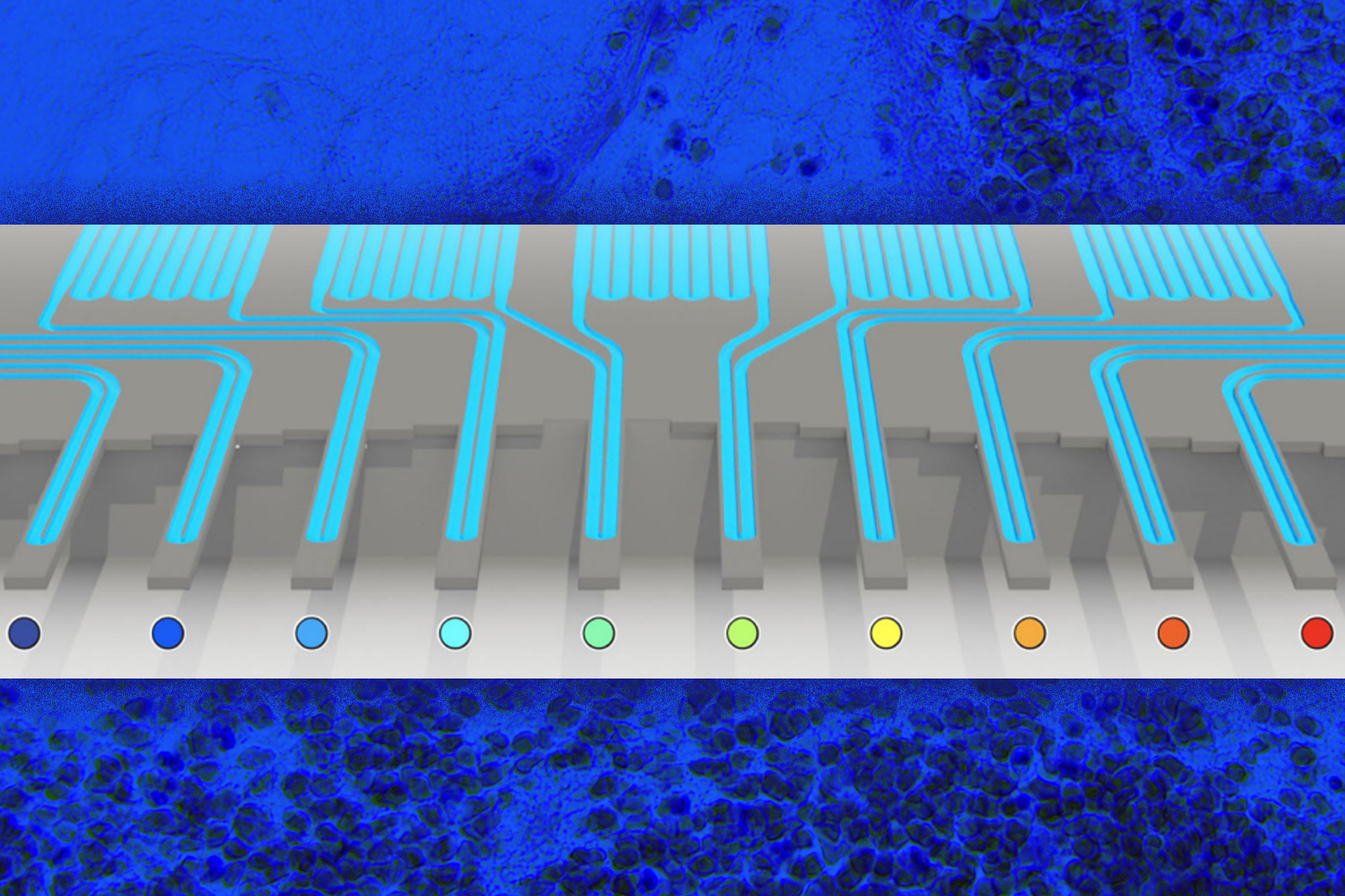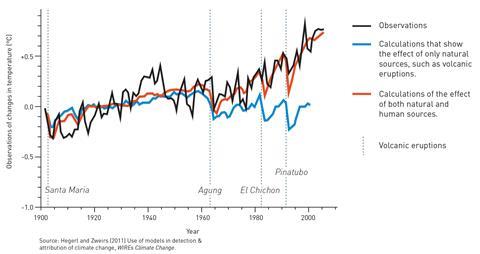Readers of Eric Appel’s academic profile will note appointments in materials science, bioengineering and pediatrics, as well as fellowship appointments in the ChEM-H institute for human health research and the Woods Institute for the Environment. While the breadth of these appointments does not leap to mind as being particularly consistent, the connections quickly emerge for those who […]
Read More



